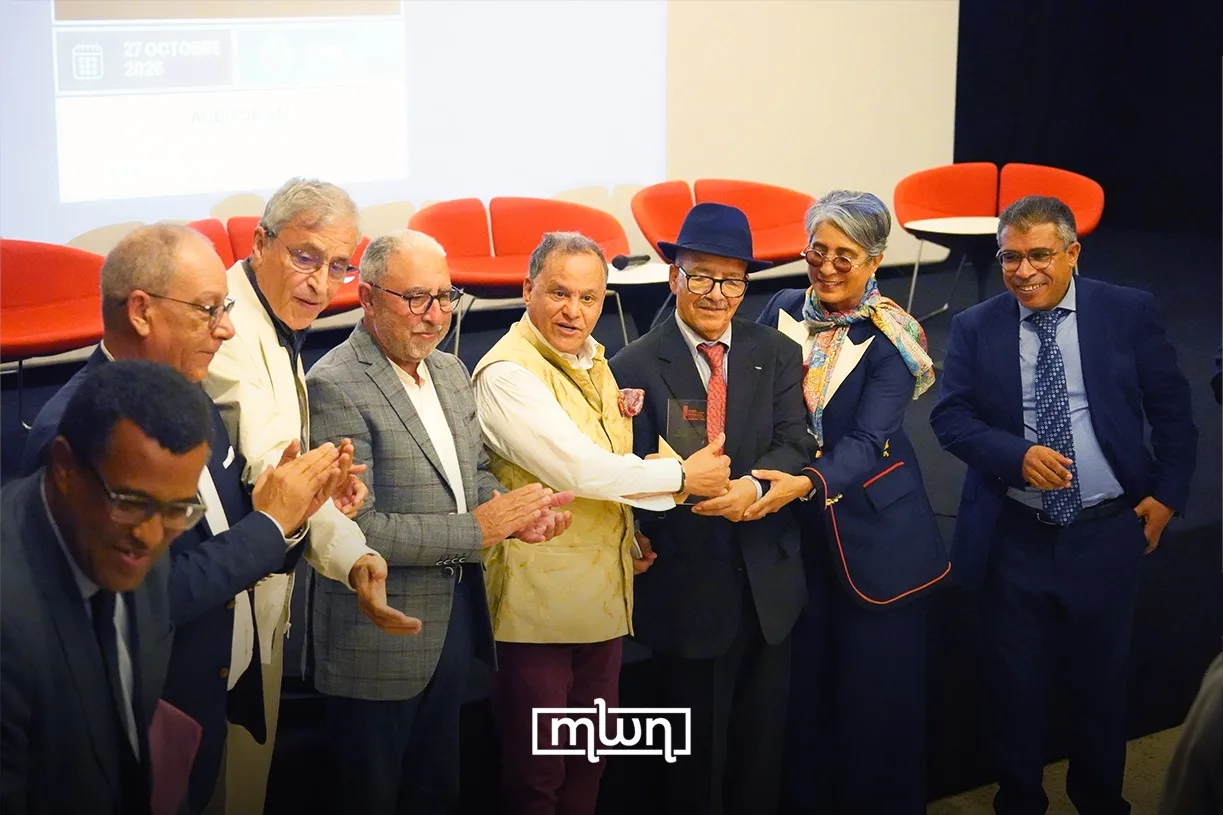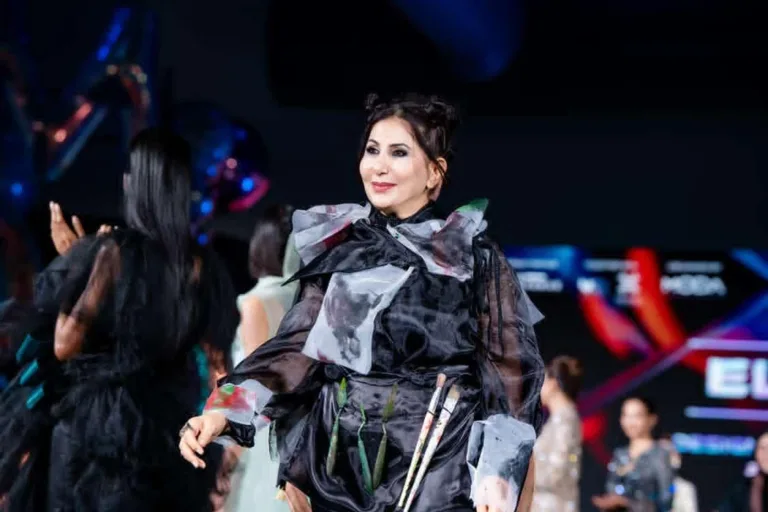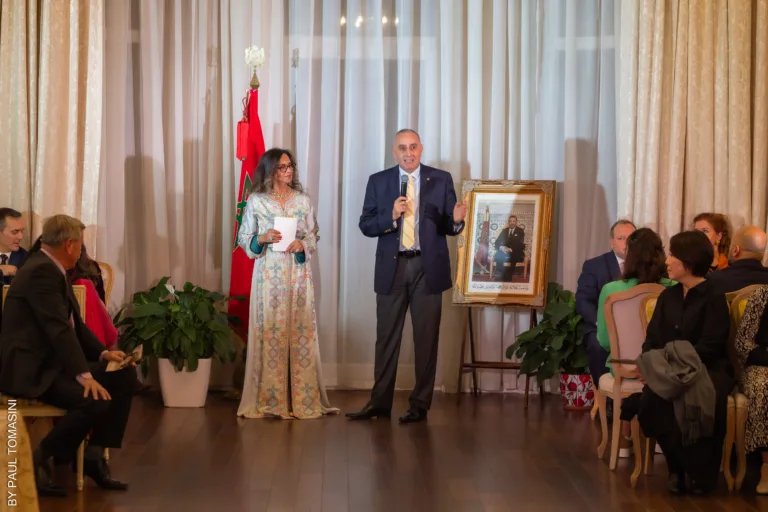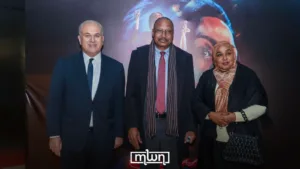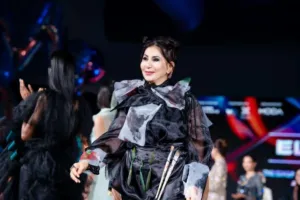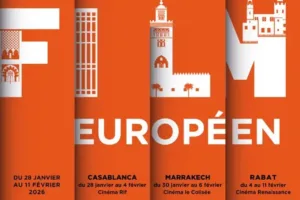Rabat – Ali Amahan, a Moroccan anthropologist, specialist in Moroccan heritage and professor, was honored yesterday in an event put on by the National Foundation of Museums of Morocco (NFM) at the Mohammed VI Museum of Rabat. Amahan is considered a pillar in Moroccan scholarship and academia, known for his anthropological work and contributions to Moroccan cultural studies and museology.
Amahan grew up in the small village of Ghoujdama, a remote area in the High Atlas mountains of Morocco. The village — like other remote areas in Morocco — suffered from a lack of electricity and little to no water infrastructure. Despite these conditions, Amahan persevered and relied on education, believing it was the only way to escape poverty.
From attending masjid as a small kid to highschool as a young man, Amahan would continue to pursue academics and obtain his PhD from the University of Paris. Amahan’s doctoral thesis — “Ghoujdama: Change and Continuity” — was a case study on the community around which he grew up.
After completing his doctorate in France, Amahan returned to his village to apply and practice his anthropological work. He is known and respected around the area and continues to gain recognition for his major contributions to the village’s development today. Amahan extended his research from abstract to actual anthropological work through a number of charity projects around Morocco.
In parallel with his anthropological work, Amahan took on many other responsibilities in his career. Amahan served as a curator for the Al Batha museum and Borj Nord in Fez, a heritage inspector, as well as a regional delegate of the Ministry of Culture in which he took responsibility over the national museum network of Morocco.
After returning to Morocco from Paris, Amahan dedicated much of his time to anthropological work through his academic contributions and connections with different communities and regions across Morocco. Starting from his village, Amahan made it his goal to offer better conditions and opportunities for the youth not only in his village but others similar to his.
The event at the Rabat museum featured discussions and talks by Mehdi Qotbi, President of the National Foundation of Museums, former minister of culture Mohammed Achaari, Abdeljalil Bouzouggar, the current director of INSAP, and even famous Moroccan athlete and Olympic winner Naoual Moutawakel. All of these guests gave strong testimonies to Amahan’s legacy and his passion for anthropological work and his dedication to preserving Moroccan culture and identity.
They spoke about how Amahan’s anthropological initiatives have become a stellar example for other scholars and other organizations that share the same vision for preserving Morocco’s treasured traditions.

